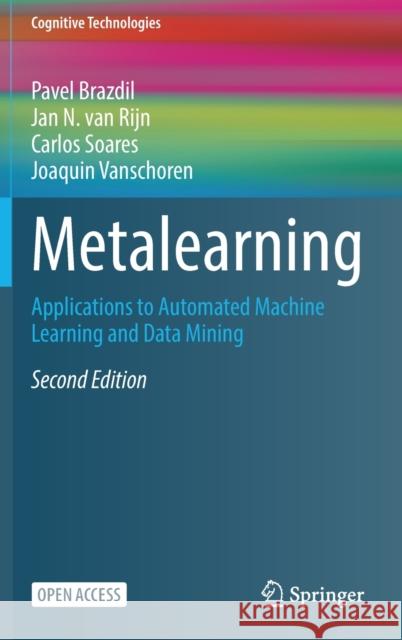Metalearning: Applications to Automated Machine Learning and Data Mining » książka
topmenu
Metalearning: Applications to Automated Machine Learning and Data Mining
ISBN-13: 9783030670238 / Angielski / Twarda / 2022 / 382 str.
Kategorie:
Kategorie BISAC:
Wydawca:
Springer
Seria wydawnicza:
Język:
Angielski
ISBN-13:
9783030670238
Rok wydania:
2022
Wydanie:
2022
Numer serii:
000266954
Ilość stron:
382
Waga:
0.68 kg
Wymiary:
23.39 x 15.6 x 2.06
Oprawa:
Twarda
Wolumenów:
01
Dodatkowe informacje:
Wydanie ilustrowane











